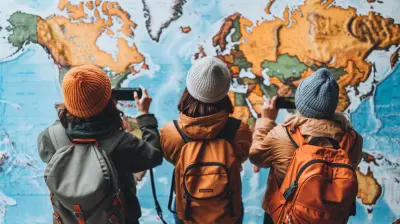How to Avoid Food Poisoning While Traveling
25 November 2025
Traveling is an adventure filled with new experiences, sights, and flavors. But nothing ruins an exciting trip faster than a nasty case of food poisoning. One wrong bite, and you could find yourself spending more time in the bathroom than sightseeing. So, how do you keep your stomach safe while indulging in local delicacies? Here’s your ultimate guide to avoiding food poisoning while traveling. 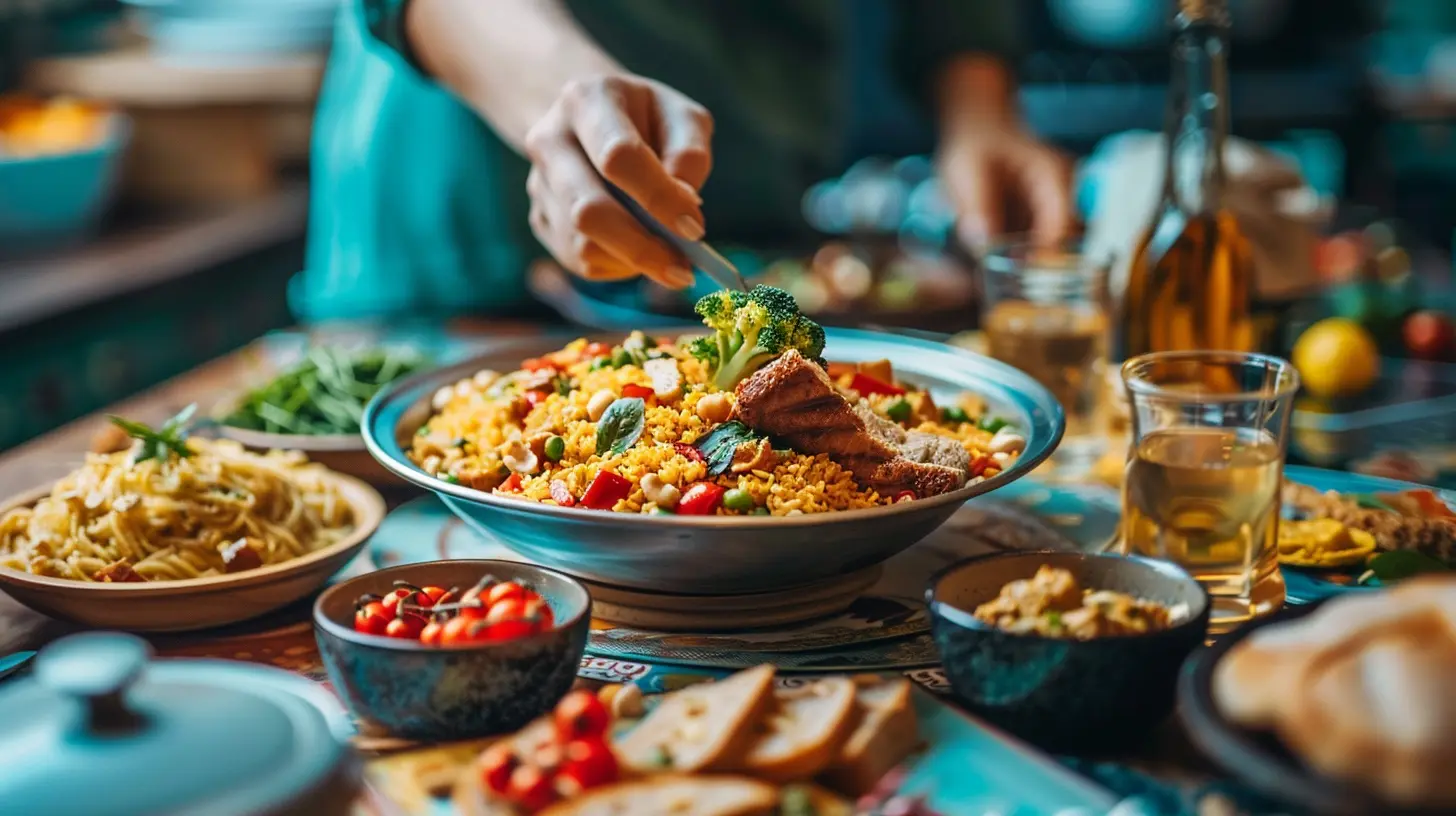
1. Why Is Food Poisoning So Common While Traveling?
Your stomach might be a warrior at home, but once you step into a new country, it faces unfamiliar enemies—bacteria, viruses, and parasites your body isn’t accustomed to. Different food preparation methods, hygiene standards, and even water sources can put you at risk.Plus, let's be honest—most of us throw caution to the wind when we're on vacation. Street food, exotic dishes, and spontaneous food stops make it easy to overlook basic food safety rules. But with a little awareness, you can enjoy your journey without suffering the dreaded stomach upset. 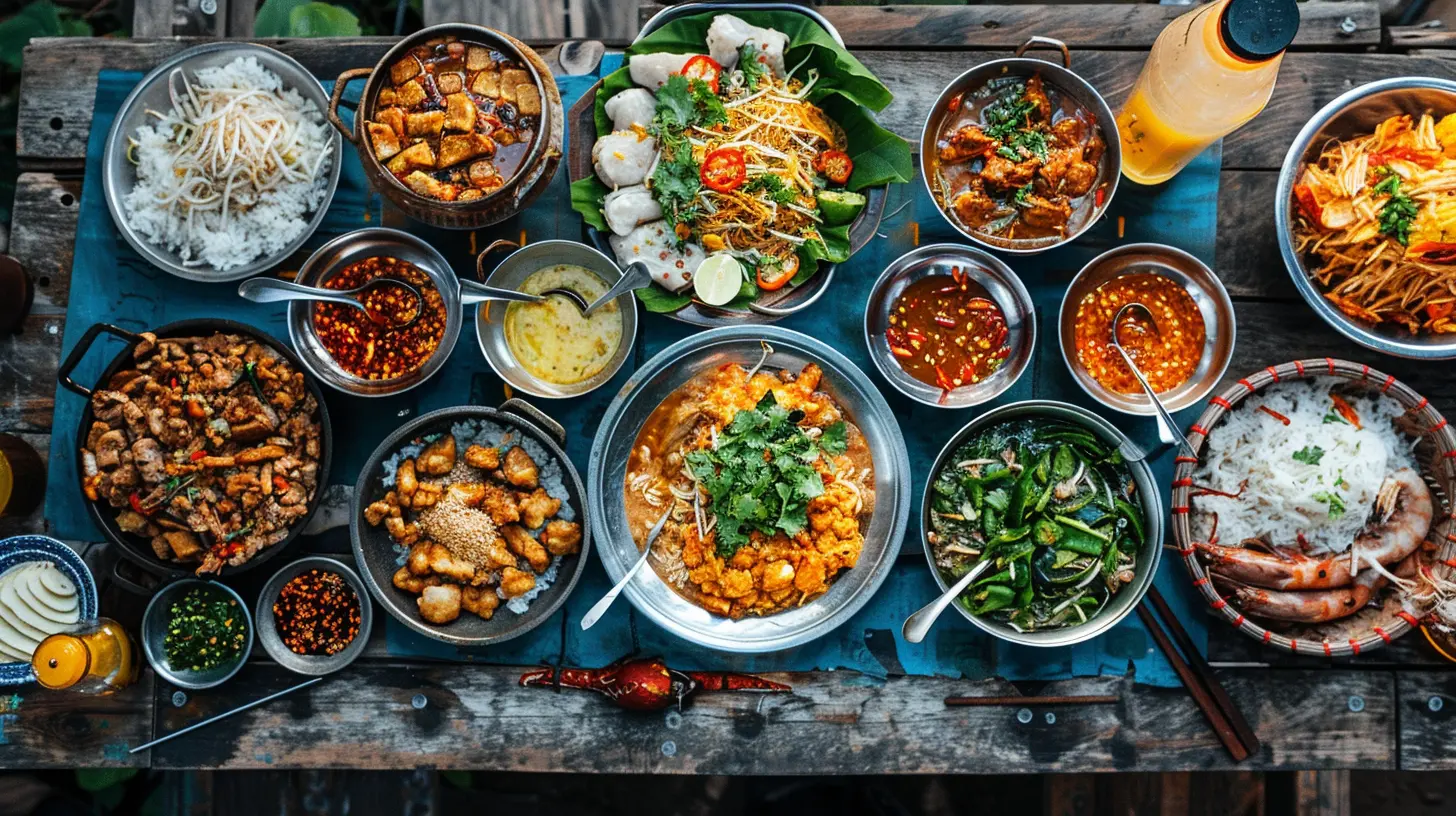
2. Be Wary of Local Water Sources
The number one culprit for traveler’s stomach issues? Contaminated water. Even if locals drink it without problems, your gut may not be able to handle it.How to Stay Safe:
- Stick to bottled water – Always check that the seal is intact before drinking.- Avoid ice cubes – They’re often made from tap water, which could be unsafe.
- Use a water purifier – If you're heading to remote locations, carry a portable water filter or purification tablets.
- Brush your teeth with bottled water – Even a small amount of tap water can cause trouble.
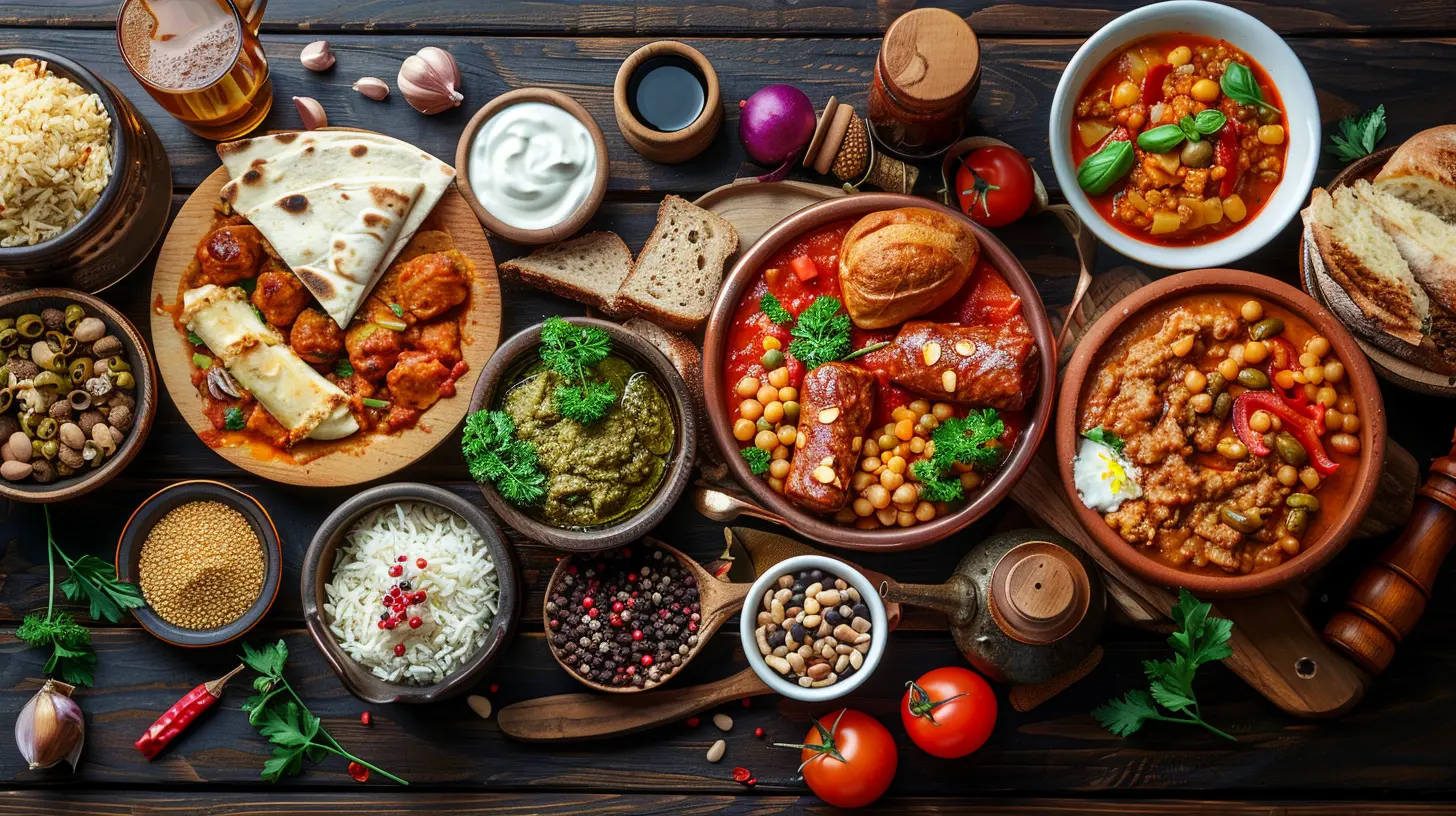
3. Choose Your Street Food Wisely
Street food is often the heart and soul of a destination, but not all vendors keep the same hygiene standards. That sizzling skewer or steaming bowl of noodles might look mouthwatering, but if it’s prepared in unhygienic conditions, it could spell disaster for your stomach.What to Look For:
✅ Busy stalls with high turnover – If a place is packed with locals, chances are the food is fresh and safe.✅ Food cooked fresh in front of you – Avoid anything that’s been sitting out for too long.
✅ Vendors using gloves and tongs – This reduces direct hand contact with food.
🚫 Avoid raw or undercooked meat – Unless you trust the source, stick to well-cooked foods.
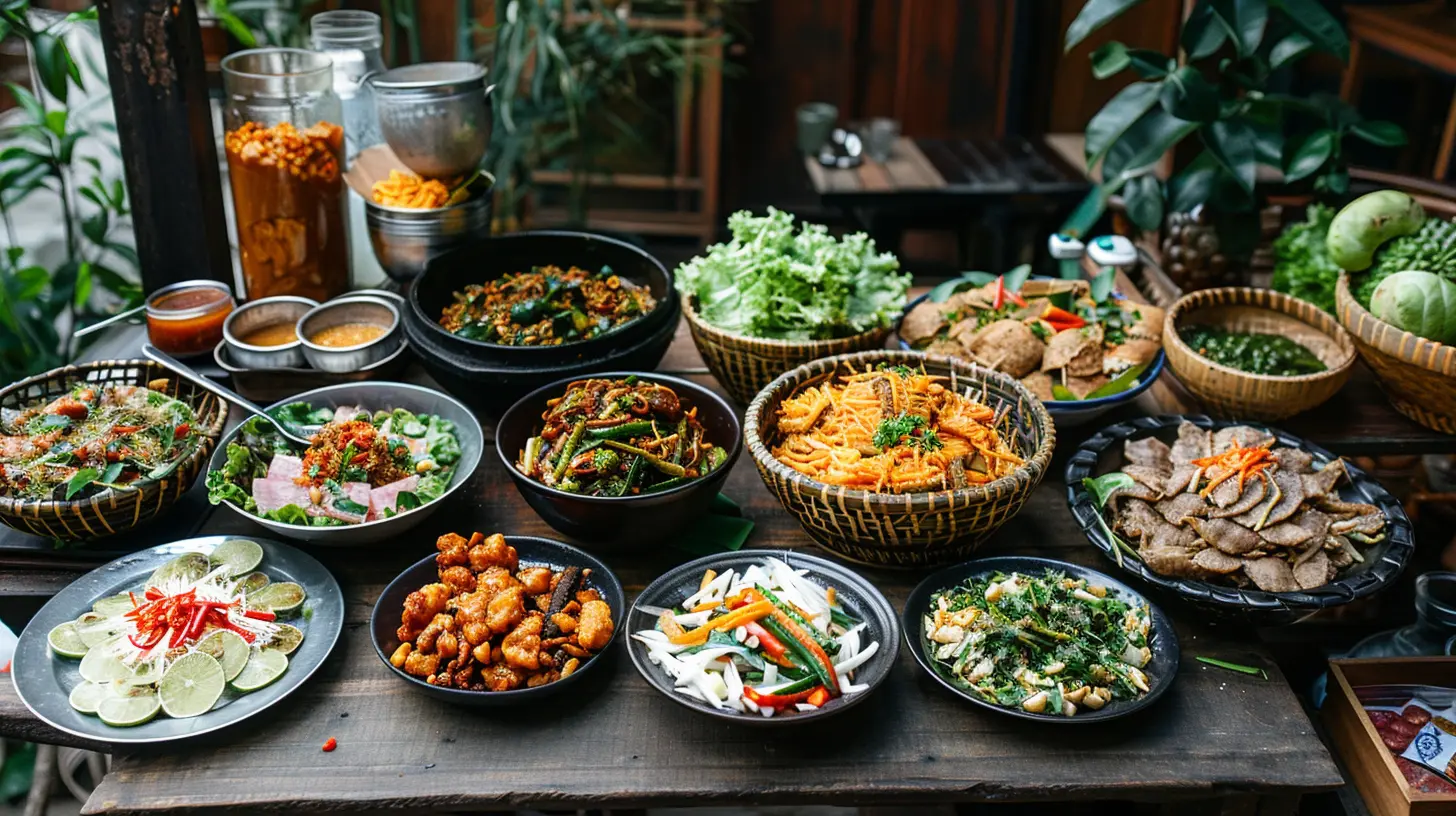
4. Watch Out for Buffets and Salad Bars
Buffets might seem like a great deal, but they can be a breeding ground for bacteria. Food left out for hours at room temperature allows bacteria to multiply rapidly. The same goes for salad bars, where raw veggies may have been washed with contaminated water.How to Play It Safe:
- Opt for hot, freshly prepared dishes over ones sitting out for hours.- If you must eat from a buffet, go for cooked foods over raw options.
- Avoid pre-cut fruits and uncovered dishes.
5. Be Mindful of Dairy and Seafood
Dairy and seafood are two of the riskiest food groups when it comes to foodborne illnesses. Warm temperatures and improper storage can turn a delicious meal into a stomach nightmare.Dairy Safety Tips:
- Stick to pasteurized milk and dairy products.- Be extra cautious with soft cheeses, especially in warm climates.
- If a dairy product smells or tastes off, don’t take the risk.
Seafood Safety Tips:
- Only eat seafood from reputable restaurants.- Ensure fish and shellfish are thoroughly cooked.
- Avoid sushi unless you’re dining at a highly-rated establishment.
6. Wash Your Hands Before Eating
You wouldn't believe how many germs your hands pick up throughout the day. Touching contaminated surfaces and then eating with unwashed hands is an easy way for bacteria to enter your system.Simple Hygiene Practices:
- Carry a travel-sized hand sanitizer for situations where soap isn’t available.- Wash hands with soap and clean water before every meal.
- Avoid touching your face and mouth with unwashed hands.
7. Peel It, Boil It, Cook It, or Forget It
A classic rule for travelers: If you can’t peel it, boil it, or cook it—don’t eat it. This is especially true in countries where food safety regulations may not be as strict.Apply This Rule To:
- Fruits: Eat only those you can peel yourself, like bananas and oranges.- Vegetables: Stick to cooked rather than raw options.
- Water: If you can’t drink bottled water, make sure it’s boiled and safe.
8. Be Cautious with Street Drinks
That fresh coconut water or sugarcane juice might look refreshing, but it could be teeming with bacteria if not prepared properly. Drinks mixed with unfiltered water or served in unclean cups can be a major source of illness.Safer Alternatives:
- Choose bottled or canned beverages.- If getting a fresh drink, ensure the vendor uses disposable cups.
- Avoid beverages with unfiltered ice.
9. Carry Medications Just in Case
Even with the best precautions, food poisoning can sometimes strike. Packing some basic medications can make all the difference in how quickly you recover.Essential Medications to Pack:
- Activated charcoal – Helps absorb toxins in case of mild food poisoning.- Oral Rehydration Salts (ORS) – Prevents dehydration if you have diarrhea.
- Antidiarrheal medication – Such as loperamide (Imodium), for emergencies.
- Probiotics – To keep your gut healthy and resilient.
10. Trust Your Instincts – If It Looks Sketchy, Skip It
When in doubt, trust your gut—literally. If something seems off about a place, a dish, or even the way food is handled, don’t take the risk. Food poisoning isn’t worth one meal, no matter how tempting it may look.Red Flags to Watch For:
🚩 Strong, unpleasant odors from food or surroundings.🚩 Dirty restaurant tables, utensils, or kitchens.
🚩 Food that looks undercooked or reheated multiple times.
Final Thoughts
Food is one of the best parts of traveling, and being cautious doesn’t mean you have to miss out on amazing flavors. By following these simple precautions—choosing safe water, eating fresh food, practicing good hygiene, and listening to your gut—you can enjoy your trip without unwanted stomach surprises.So, go ahead, indulge in local cuisines, try new dishes, and savor the experience—just do it wisely!
all images in this post were generated using AI tools
Category:
Travel SafetyAuthor:

Ian Powell
Discussion
rate this article
1 comments
Soleil Schultz
Embrace local cuisine with caution: choose busy eateries, prioritize cooked dishes, and stay hydrated. Your adventurous palate can thrive while prioritizing your health. Safe travels!
November 26, 2025 at 4:12 AM

Ian Powell
Thank you for the great tips! Staying cautious while enjoying local cuisine is essential for a healthy travel experience. Safe travels to you too!
